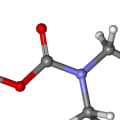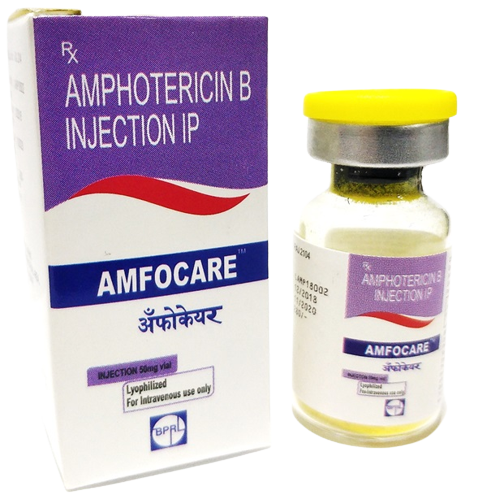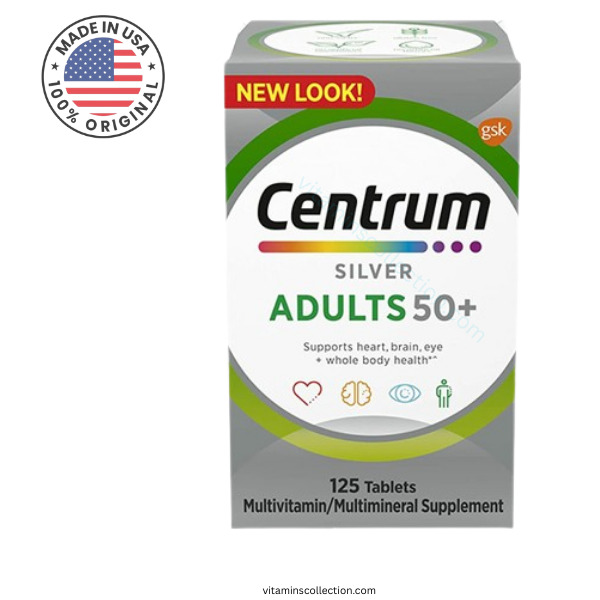Exelon 1.5 mg 28’ct capsules
Exelon 1.5 mg 28’ct capsules is a medication primarily used for the treatment of mild to moderate Alzheimer’s disease and mild to moderate dementia associated with Parkinson’s disease.The active ingredient in Exelon 1.5 mg capsules is rivastigmine, a brain-selective acetyl- and butyryl-cholinesterase inhibitor that is thought to facilitate cholinergic neurotransmission by slowing the degradation of acetylcholine. This may have an ameliorative effect on cholinergic-mediated cognitive deficits associated with Alzheimer’s and Parkinson’s disease dementia.Exelon 1.5 mg capsules require a prescription and are typically taken orally. Common side effects may include dizziness, loss of appetite, nausea, vomiting, diarrhea, anxiety, sweating, headache, weight loss, and confusion. Patients should avoid driving and consult their doctor if they have certain medical conditions like heart or lung disorders.Exelon 1.5 mg capsules should not be used by patients with severe liver impairment. The effects on pregnancy and breastfeeding are not well established, so patients should consult their doctor before use

Description
Exelon 1.5 mg 28’ct capsules is a medication primarily used for the treatment of mild to moderate Alzheimer’s disease and mild to moderate dementia associated with Parkinson’s disease.The active ingredient in Exelon 1.5 mg capsules is rivastigmine, a brain-selective acetyl- and butyryl-cholinesterase inhibitor that is thought to facilitate cholinergic neurotransmission by slowing the degradation of acetylcholine. This may have an ameliorative effect on cholinergic-mediated cognitive deficits associated with Alzheimer’s and Parkinson’s disease dementia.Exelon 1.5 mg capsules require a prescription and are typically taken orally. Common side effects may include dizziness, loss of appetite, nausea, vomiting, diarrhea, anxiety, sweating, headache, weight loss, and confusion. Patients should avoid driving and consult their doctor if they have certain medical conditions like heart or lung disorders.Exelon 1.5 mg capsules should not be used by patients with severe liver impairment. The effects on pregnancy and breastfeeding are not well established, so patients should consult their doctor before use
Transdermal Patch Formulation
In addition to the oral capsule formulation, Exelon is also available as a transdermal patch. The patch allows for continuous drug delivery and may help improve tolerability compared to the oral capsules.
Dual Cholinesterase Inhibition
Exelon is a dual inhibitor of both acetylcholinesterase and butyrylcholinesterase. This dual inhibition may provide enhanced cholinergic activity compared to other cholinesterase inhibitors that are more selective.
Flexible Dosing
The 1.5 mg capsules allow for flexible titration of the dose, which can be important for optimizing tolerability, especially when initiating treatment. The dose can be gradually increased over several weeks.
Approved for Parkinson’s Dementia
In addition to Alzheimer’s disease, Exelon is also approved for the treatment of mild to moderate dementia associated with Parkinson’s disease. This makes it a unique option for this patient population.
Availability in Multiple Formulations
Exelon is available in multiple formulations including the oral capsules, oral solution, and transdermal patch. This provides flexibility in administration for patients who may have difficulty swallowing pills.
Key Benefits
- Treats mild to moderate Alzheimer’s disease and mild to moderate dementia associated with Parkinson’s disease
- May slow the cognitive decline and improve the ability to perform daily activities in patients with these conditions
- Available in multiple formulations including oral capsules, oral solution, and transdermal patch to provide flexibility in administration
Key Ingredients
- The active ingredient is rivastigmine, a brain-selective acetylcholinesterase and butyrylcholinesterase inhibitor
- Rivastigmine works by blocking the enzymes that break down acetylcholine, which may help facilitate cholinergic neurotransmission and improve cognitive function
- Each 1.5 mg capsule contains rivastigmine hydrogen tartrate corresponding to 1.5 mg of rivastigmine Mechanism of action Exelon (rivastigmine) works by inhibiting the enzymes acetylcholinesterase and butyrylcholinesterase, which break down the neurotransmitter acetylcholine in the brain. By blocking these enzymes, rivastigmine increases the concentration of acetylcholine, which may help facilitate cholinergic neurotransmission and improve cognitive function in patients with Alzheimer’s disease or Parkinson’s disease dementia.The precise mechanism of action of rivastigmine is not fully known, but it is thought to exert its therapeutic effect by enhancing cholinergic function in the brain. As the disease progresses and fewer cholinergic neurons remain intact, the effect of rivastigmine may diminish. However, there is no evidence that rivastigmine alters the underlying course of the dementing process.In vitro and in vivo studies have shown that the inhibition of cholinesterase by rivastigmine is not affected by the concomitant administration of memantine, an N-methyl-D-aspartate receptor antagonist
 RivastigmineCholinesterase inhibitorMoreUsageTreatment of mild to moderate Alzheimer’s disease and Parkinson’s disease dementia.Administration FormsOrally or via transdermal patch.Side EffectsNausea and vomiting are common; transdermal patch reduces prevalence.
RivastigmineCholinesterase inhibitorMoreUsageTreatment of mild to moderate Alzheimer’s disease and Parkinson’s disease dementia.Administration FormsOrally or via transdermal patch.Side EffectsNausea and vomiting are common; transdermal patch reduces prevalence.Based on the search results, the chemical structure of Exelon (rivastigmine) can be summarized as follows:
Chemical Structure
Rivastigmine is a carbamate derivative with the chemical formula C14H22N2O2. The key structural features include:
- It contains a phenyl ring with a dimethylaminoethyl substituent at the 3-position.
- Attached to the phenyl ring is an N-ethyl-N-methylcarbamate group.
- The stereochemistry at the aminoethyl carbon is (S)-configuration.
- The molecule contains two chiral centers, with the overall stereochemistry being (S,S).
The IUPAC name is 3-[(1S)-1-(dimethylamino)ethyl]phenyl N-ethyl-N-methylcarbamate, and the SMILES notation is CCN(C)C(=O)OC1=CC=CC(=C1)C@HN(C)C.
Dosage
- Start at 1.5 mg twice daily with meals
- Titrate gradually up to max 6 mg twice daily
- Increase dose by 1.5 mg every 2 weeks if tolerated
Storage
- Store at 15-30°C (59-86°F) in tight container
- Protect from moisture
Reviews
- Effective for mild-moderate Alzheimer’s and Parkinson’s dementia
- Common side effects include nausea, vomiting, diarrhea, dizziness, appetite loss
- Helps stabilize or modestly improve cognition and function








Reviews
There are no reviews yet.